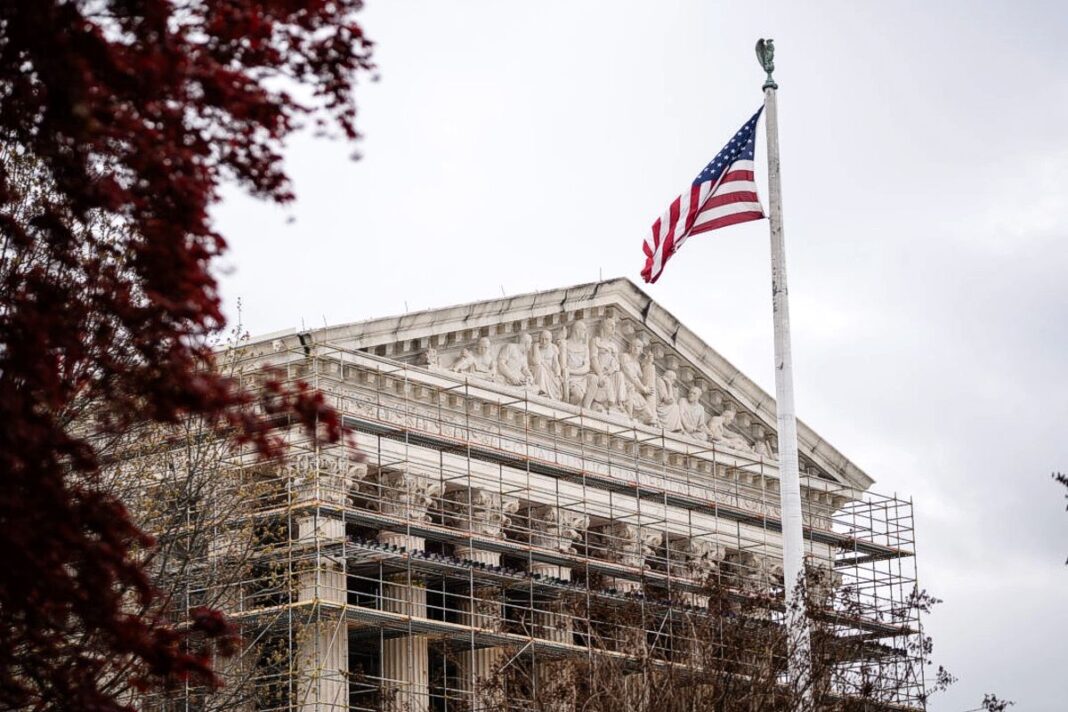UGMA accounts allow you to begin investing in a minor’s financial future as early as possible.
Your children may still be in diapers, but they don’t need suits to become investors today. You can start investing in your children’s future and begin building a legacy by turning to the Uniform Gifts to Minors Act (UGMA).
The UGMA allows you to open a custodial brokerage account that holds assets such as stocks, bonds, and cash for the benefit of a minor. The minor is technically the legal owner of the account. But as a custodian, you manage the account and the assets it holds. Once the child reaches the age of majority, he or she is allowed to manage the account.
But there are some risks involved. And there are some key points to be aware of before you decide whether a UGMA account is right for you. So let’s take a deeper look.
How Does a UGMA Work?
You can open a UGMA account through most brokerage firms and banks. You can use this account to invest in a variety of assets, including stocks, bonds, cash, mutual funds, exchange-traded funds (ETFs), insurance policies, and annuities.
As a custodian, you have a fiduciary duty to manage the account for the sole benefit of the minor. This means funds can be used to cover the child’s education as well as basic living expenses. When the child reaches the age of majority, he or she can manage the account and its assets.
What About the Gift Tax?
The assets in a UGMA account are considered irrevocable gifts to minors. This means you can’t take these assets back once transferred to the account. But it also means contributions are subject to gift tax.
In 2025, you can give up to $19,000 per individual without having to file a federal gift tax return. But even if you exceed that limit, it doesn’t necessarily mean you’d owe gift taxes. However, you’d need to file IRS Form 709 to report it. The amounts exceeding the gift tax exclusion would be subtracted from your lifetime gift and estate tax exclusion. For 2025, it’s $13.99 million. Once you exceed that larger limit, you may need to pay gift taxes.
By Javier Simon








